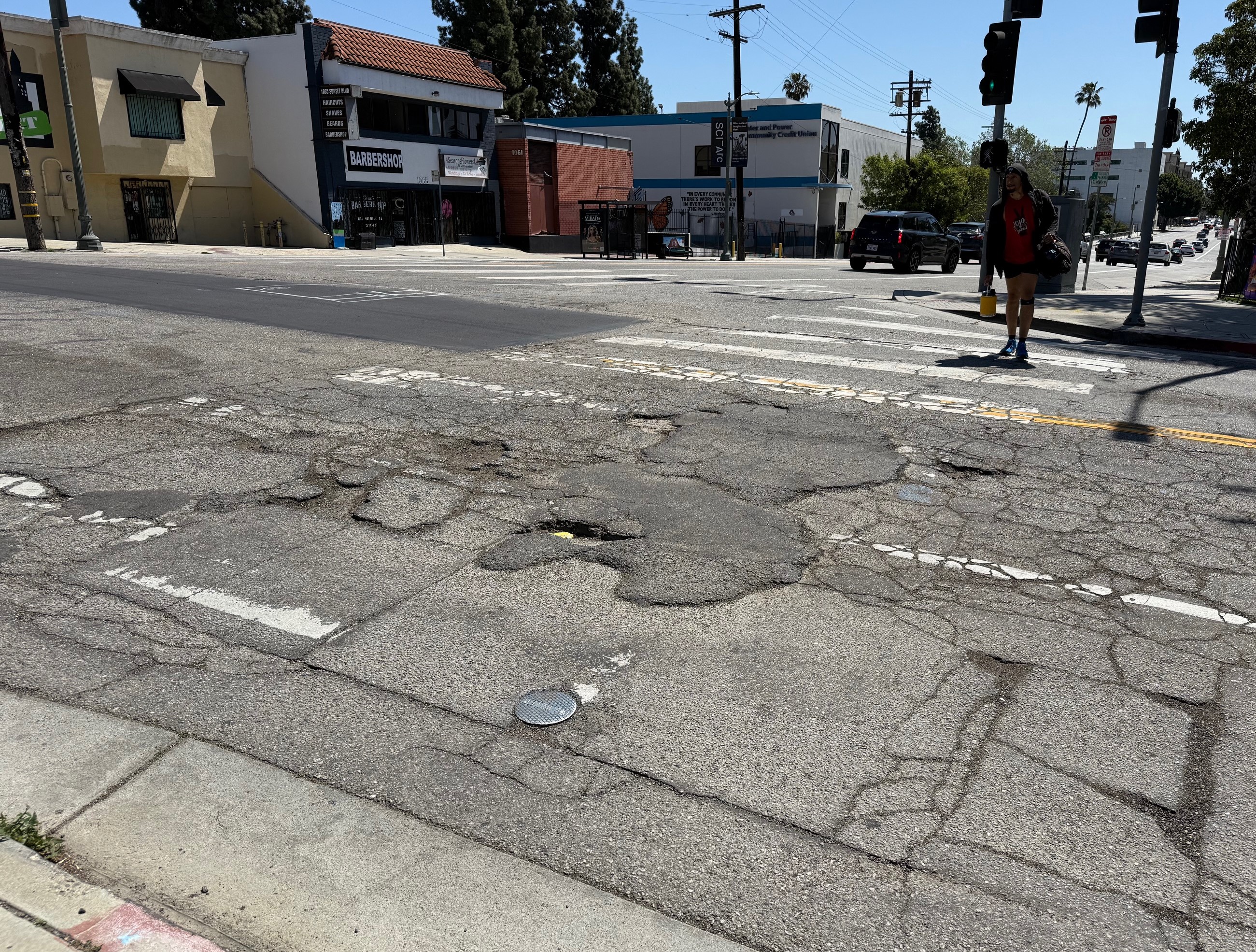The minds at Google have come up with a novel idea to protect pedestrians in the event of a collision with the company's self-driving cars.
The tech behemoth was awarded a patent this week for what it describes as a "flypaper or double-sided duct tape"-type substance beneath an "eggshell" exterior on the hood of the car. In a collision with a human being, the shell would crack and the person would stick to the adhesive. The idea is that after the initial collision, the flypaper will prevent people from hitting the asphalt or getting run over, which is how severe injuries are often inflicted.
A Google spokesperson told the San Jose Mercury News the patent doesn't mean the company will go ahead with implementation. Even if the idea works as planned, it's easy to envision scenarios where it would backfire, like if the car strikes another vehicle or a tree while someone is glued to the hood.
A much more important question for the impending autonomous car future is how these systems will minimize the potential for collisions with pedestrians in the first place. A fleet of robocars won't need flypaper if they can't exceed, say, 15 mph while operating on crowded city streets.







